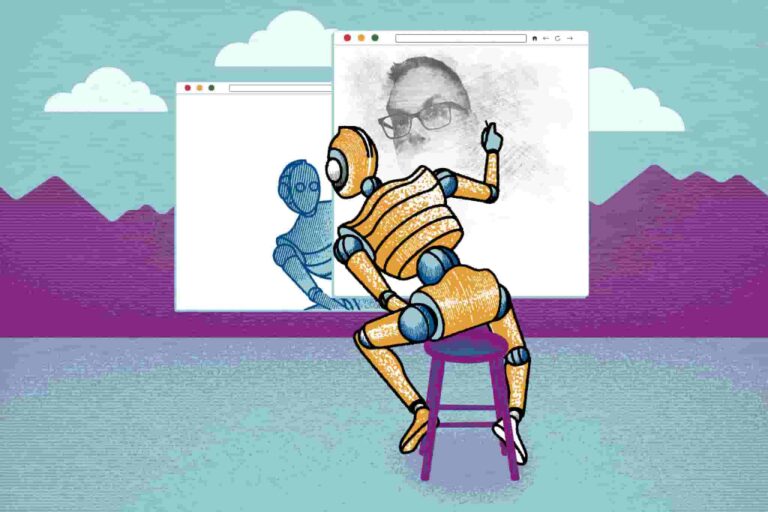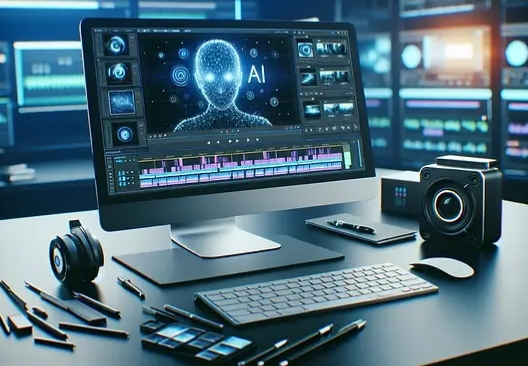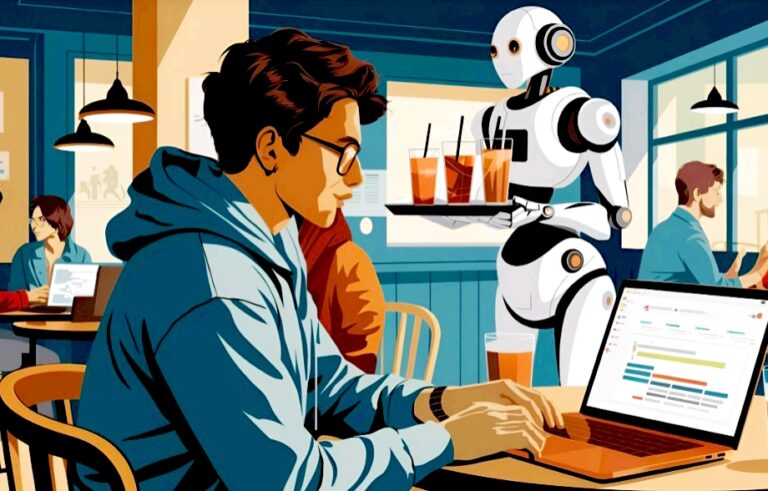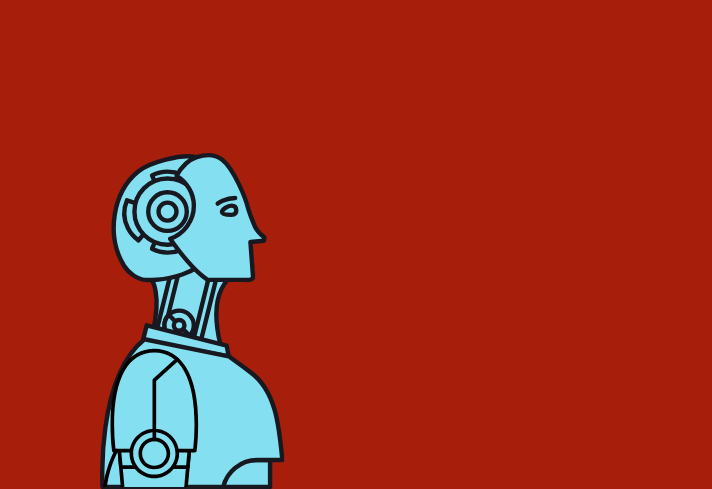Artificial Intelligence is moving faster than most of us expected. Every week, there’s a new tool, a smarter model, or a company announcing they’ve automated something that once required human effort.
It’s no wonder so many people feel uneasy: Will AI take my job? Will my skills still matter in five years?
The truth is AI isn’t going anywhere, but that doesn’t mean you have to get left behind. In fact, the people who learn how to adapt and partner with AI will thrive, while those who resist it risk being outpaced.
This guide will show you how to stay relevant in the age of automation, not by competing against AI, but by learning how to work with it.
What’s Really Happening With AI

AI isn’t just a trendy buzzword anymore, it’s quietly (and sometimes loudly) reshaping the way entire industries operate. It’s not “the future”; it’s happening right now.
- Finance: Banks and investment firms use AI to predict stock trends with shocking accuracy, detect fraud within seconds, and even run fully automated trading systems. What once took a team of analysts working late nights now happens in milliseconds.
- Healthcare: Doctors and nurses are still the heart of the system, but AI is becoming their right-hand partner. From scanning X-rays faster than a human eye to spotting rare diseases in early stages, AI is cutting errors and saving lives.
- Marketing: Forget spending weeks brainstorming campaigns, AI can write ad copy, design creative, and personalize customer journeys at scale. Ever wondered how that online store shows you exactly what you were thinking of buying? Yep, AI.
- Art & Media: This is where things get really mind-blowing. AI is generating realistic images, original music tracks, and even short films. Tasks that once needed big studios and huge budgets can now be done on a laptop.
Yes, automation is replacing some roles. That part is real. However, it’s also creating entirely new ones, roles that didn’t exist five years ago.
Someone needs to train these AI systems, manage them, refine them, and ensure they align with human goals.
Adaptability is the new job security. If you can shift with the tide, you won’t just survive, you’ll thrive.
ALSO READ: How To Build an Online Business From Scratch With AI (In Just 7 Steps)
Why You Should NOT Ignore The AI Gold Rush
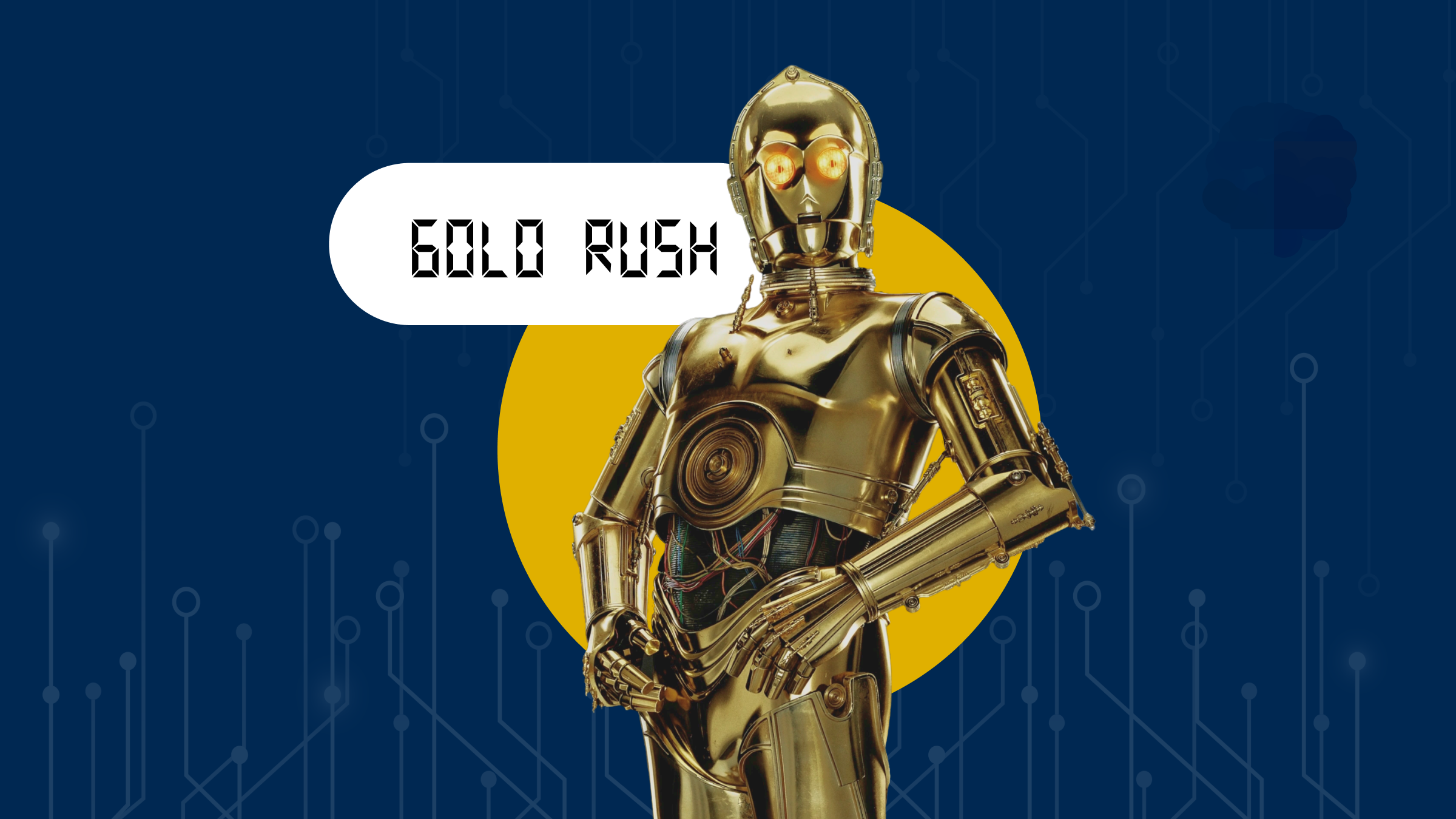
The biggest mistake you can make right now is believing that AI won’t touch your industry. Spoiler alert: it already has.
Here’s the uncomfortable truth:
- If your job revolves around repetitive tasks, data entry, scheduling, basic customer support, or even standard copywriting, AI can already do those things faster, cheaper, and often more accurately.
- Companies that resist AI aren’t “playing it safe”; they’re actually bleeding money and time. Meanwhile, their competitors who adopt AI tools are running laps around them, cutting costs, and delivering results at lightning speed.
History is full of warnings. Remember Blockbuster? They shrugged off digital streaming, while Netflix embraced it.
The result? One is a memory, the other is a global giant. The same “adapt or die” moment is happening now with AI.
Standing still in the AI age isn’t just risky, it’s career and business suicide. It’s like entering a race but refusing to even start your engine. The world won’t slow down just because you don’t feel like keeping up.
How Work With AI and Achieve More
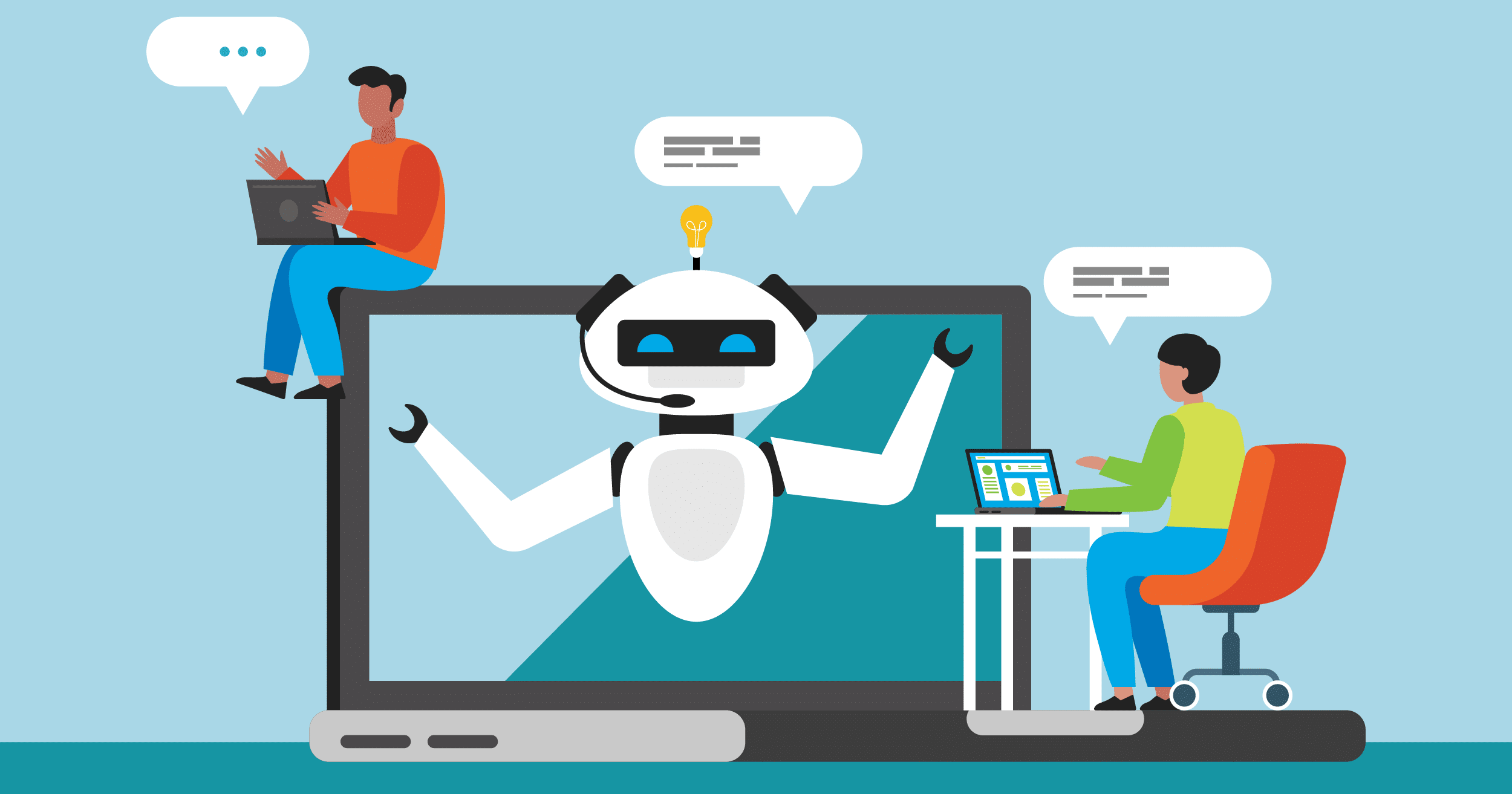
AI isn’t the villain in your story, it’s the sidekick. The real question is whether you’ll treat it like an enemy to resist or a partner to leverage.
- Fear mindset: “AI is going to take my job.” This way of thinking only leads to stress, procrastination, and missed opportunities.
- Partnership mindset: “AI is going to make me better at my job.” This is where the winners live.
Think of AI like a calculator. Did calculators kill math? Of course not. They freed us from the boring, error-prone stuff so we could focus on solving bigger problems.
AI works the same way, it takes the grunt work off your plate so you can lean into strategy, creativity, and decision-making.
AI still can’t replicate human creativity, empathy, intuition, or lived experience.
That’s your edge. But if you ignore AI altogether, you’re not protecting your job, you’re voluntarily handing over an advantage that could’ve been yours.
ALSO READ: How To Build an Online Business From Scratch With AI (In Just 7 Steps)
Five(5) Skills That Will Keep You Relevant
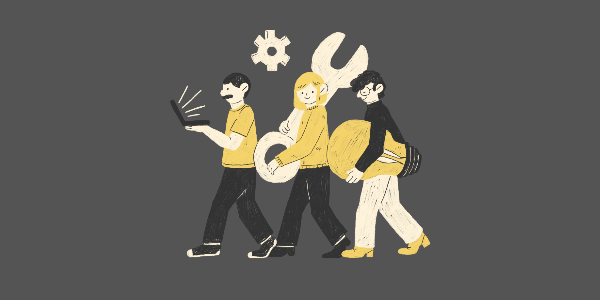
There’s a pretty unique set of skills that you’ll need in order to succeed and maintain relevance in this industry:
- AI is reshaping the workplace, and yes, some skills are already sliding into the “obsolete” pile. But here’s the good news: the skills that matter most are the ones that make you more human, not less. If you want to stay future-proof, double down on these:
- Critical Thinking & Problem-Solving
AI is great at crunching numbers and spitting out patterns, but it doesn’t truly understand context. When the data contradicts reality or when unexpected challenges pop up, it’s humans who connect the dots and make the final call. - Creativity & Storytelling
Sure, AI can generate a passable blog post or piece of art, but real storytelling, the kind that moves people, comes from lived experiences, emotions, and perspectives. That’s something no algorithm can replicate. Creativity will always be your competitive advantage. - Emotional Intelligence
Empathy, trust, and the ability to build strong relationships are priceless. Whether you’re closing a deal, leading a team, or supporting a client, people want to feel understood. AI can’t replace genuine human connection. - Digital Literacy
Here’s the twist: to thrive, you don’t just need “human” skills, you also need to know how to work with AI itself. Learning how to use these tools effectively (especially mastering prompts) is quickly becoming as valuable as knowing how to code once was.
Think of it this way, the more “human” your skill set is, combined with knowing how to wield AI, the harder it becomes for anyone, or anything, to replace you.
Practical Ways to Future-Proof Your Career

Knowing AI is changing everything is one thing, but what do you actually do about it? Here’s how to stay ahead of the curve instead of scrambling to catch up:
1. Learn to Use AI Tools in Your Industry
AI isn’t a “bonus skill” anymore, it’s becoming the new baseline.
- If you’re in marketing, tools like Jasper, Copy.ai, and SurferSEO can help you write smarter and rank higher.
- If you’re a designer, MidJourney, Canva AI, or Adobe Firefly can speed up your creative process and give you endless inspiration.
- If you’re in business or strategy, tools like ChatGPT, Claude, or Perplexity AI can save hours by summarizing data, generating insights, or brainstorming ideas.
The point is, don’t just hear about these tools, actually get your hands dirty and use them.
2. Invest in Continuous Learning
The winners in the AI era will be the ones who never stop being students. Take online courses, follow thought leaders, subscribe to AI newsletters, and test-drive new tools.
Even dedicating 30 minutes a week to learning can keep you miles ahead of colleagues who resist change.
3. Build a Personal Brand
It’s not enough to quietly adapt, you’ve got to show it. Share what you’re learning on LinkedIn, write blog posts, or record YouTube shorts explaining how you’re using AI in your field.
When people see you as someone who’s not just keeping up but leading the way, they’ll see you as an authority (which opens doors to better jobs, clients, and opportunities).
4. Diversify Your Income
Depending on a single paycheck is risky, especially in fast-changing times. AI makes it easier than ever to spin up side hustles:
- Offer freelance writing or content services using AI-assisted drafts.
- Launch print-on-demand stores with AI-generated art and designs.
- Create online courses, guides, or coaching programs, with AI helping you brainstorm, outline, or polish your material.
Case Studies: Humans Winning with AI
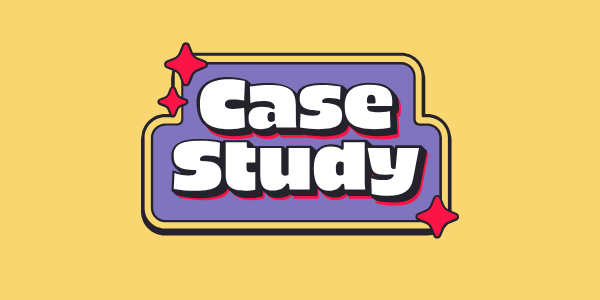
AI isn’t just a shiny toy, it’s quietly helping people level up their careers and businesses in ways that weren’t possible just a few years ago.
Freelancers Scaling Income
Take the freelance copywriter who was once stuck trading hours for dollars. By using ChatGPT to create first drafts and outline ideas, she cut her writing time in half.
Instead of grinding on the blank page, she now spends her energy refining strategy, polishing voice, and actually building stronger client relationships.
The result? She doubled her workload without doubling her stress, and her income followed.
Small Businesses Thriving
Think small, like your neighborhood bakery. The owner didn’t hire a big marketing team, instead, they leaned on AI.
Tools now schedule their social media posts, reply to common customer questions (“What are your opening hours?”), and even suggest seasonal recipe ideas that keep people excited.
The outcome? More foot traffic, less screen time, and way more space to focus on what they love: baking and connecting with customers.
Professionals 10x-ing Productivity
Now picture a financial advisor drowning in spreadsheets and client data. By using AI tools to crunch numbers, generate quick summaries, and highlight patterns, he cut hours of busywork.
Instead of pushing reports, he now uses that extra time to deliver thoughtful, personalized advice, something no AI can replicate. Clients are happier, his reputation grew, and so did his book of business.
Notice the pattern? AI isn’t replacing these people, it’s amplifying them. It’s giving them time back, helping them focus on high-value work, and creating opportunities they couldn’t touch before.
ALSO READ: How to Turn AI-Powered Services Into a Freelance Business in 30 Days
The Balance: What AI Can’t Replace
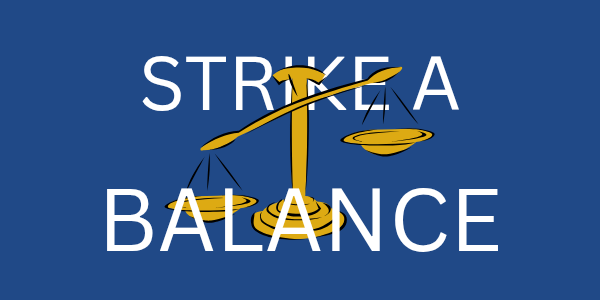
For all the hype around AI, let’s be clear: machines still have limits. There are parts of being human that no algorithm can touch, and those are exactly where your edge lies.
1. Intuition
That gut feeling you’ve developed after years of experience? AI doesn’t have it. A bot can crunch data, but it can’t sense the unspoken tension in a meeting, predict a client’s reaction, or know when to trust an outlier.
2. Community & Relationships
Trust can’t be automated. People don’t form deep bonds with chatbots, they form them with other people. Whether it’s a client, a colleague, or an audience, authentic connection is something only you can create.
3. Ethics & Values
AI doesn’t “care.” It doesn’t have morals or values, it just follows instructions. But humans bring judgment, responsibility, and empathy to decisions, especially when the stakes are high.
When you blend your human touch with AI’s efficiency, you get the ultimate combo. You’re not competing with AI, you’re leading with what it can’t do.
The Future of Work in the AI Age
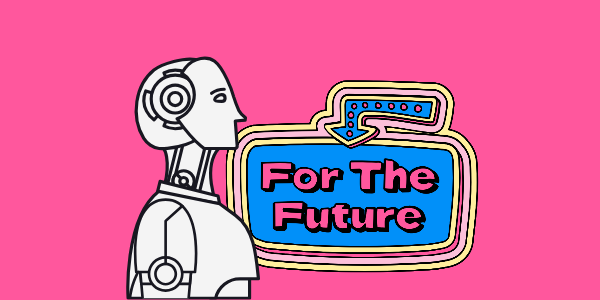
So, what’s next? The truth is, we’re only at the beginning of the AI wave. The way we work is going to keep evolving, and here’s what many experts see on the horizon:
1. More Lawsuits & Legal Rules
AI is moving faster than the law, but the gap is closing. Expect tighter regulations around copyright, data privacy, and even how AI-generated work is labeled.
Companies (and individuals) who learn to play by these rules early will avoid messy legal headaches.
AI Supervisors Will Rise
Instead of doing every repetitive task yourself, the future will be about managing, monitoring, and improving AI systems.
Think less “worker” and more “team leader,” where your “team” just happens to include algorithms.
Hybrid Jobs Will Dominate
The jobs of the future won’t be purely human or purely machine, they’ll be a mix. A marketer who knows prompt engineering, a teacher who uses AI for lesson planning, a lawyer who leverages AI for case research. These blended roles will become the norm.
The winners won’t be the ones who resist change, but the ones who adapt first. Treat AI as a partner, not a rival, and you’ll be ahead of the curve.
Conclusion
Here’s the bottom line, AI isn’t out to destroy you, it’s here to evolve with you. The question is whether you’ll resist it and risk becoming irrelevant, or embrace it and grow stronger.
To stay relevant in the age of automation:
- Shift your mindset from fear to partnership.
- Double down on human skills like creativity, empathy, and critical thinking.
- Learn and apply AI tools in your field.
- Keep evolving, because adaptability is the ultimate skill.
Don’t let AI outgrow you. Grow with it. The future doesn’t belong to the machines, it belongs to the humans who know how to use them wisely.


